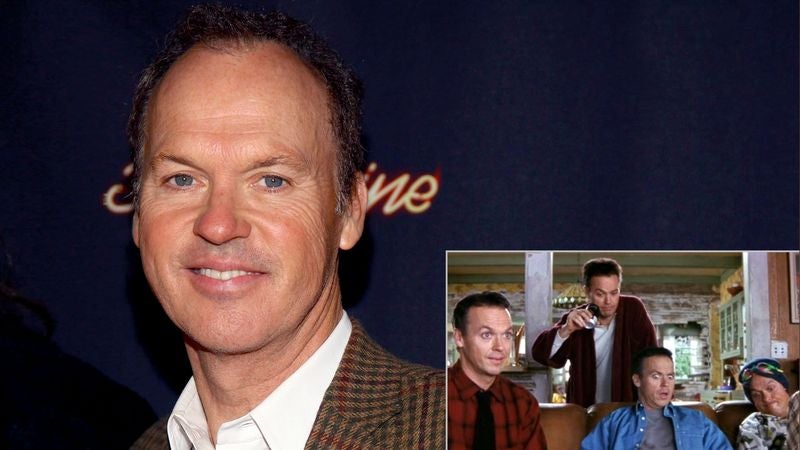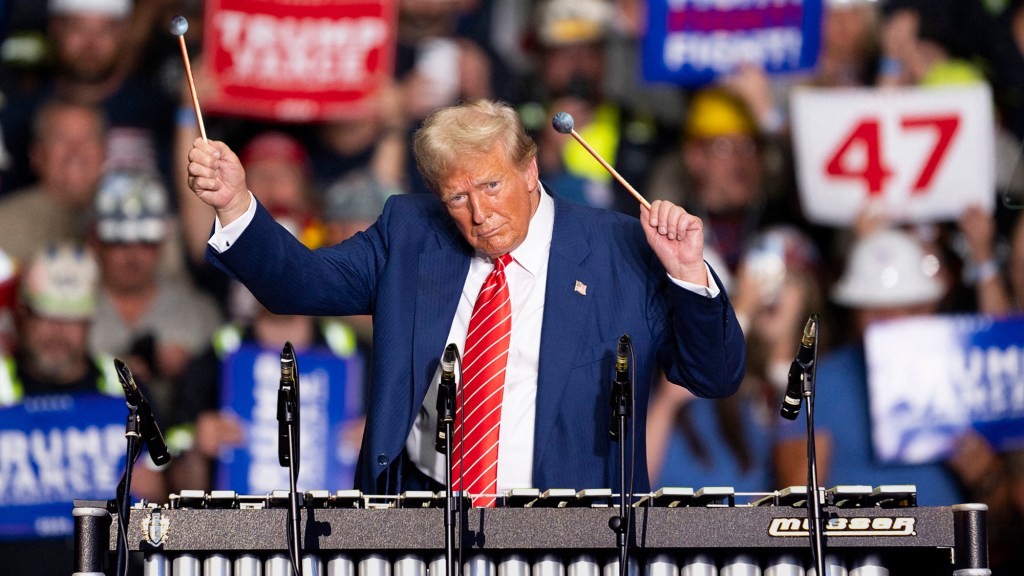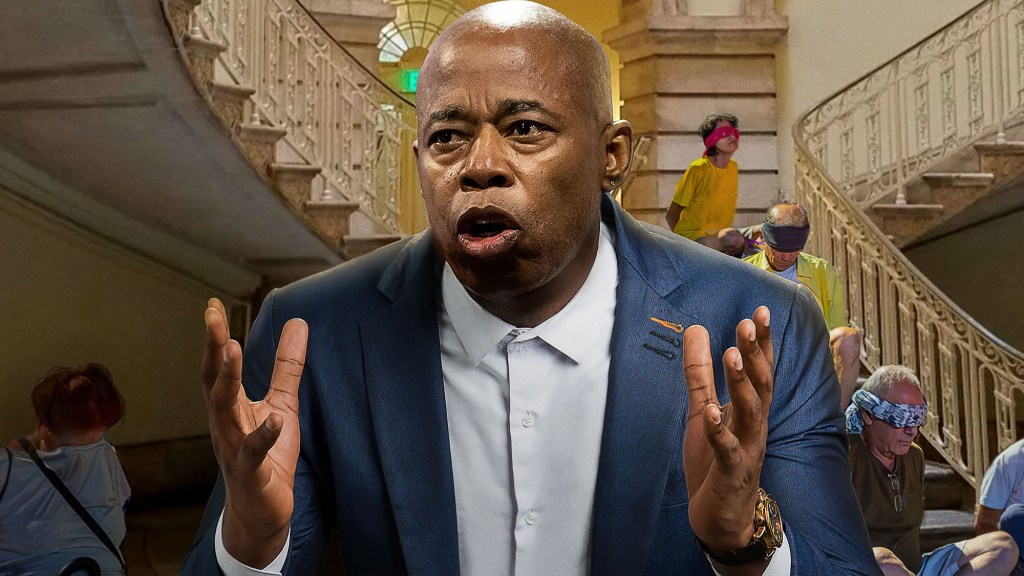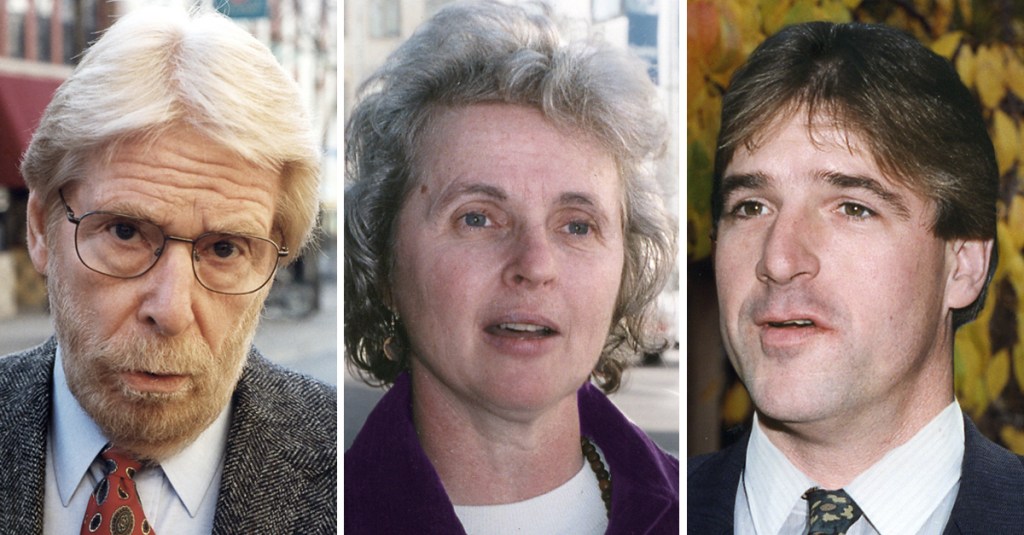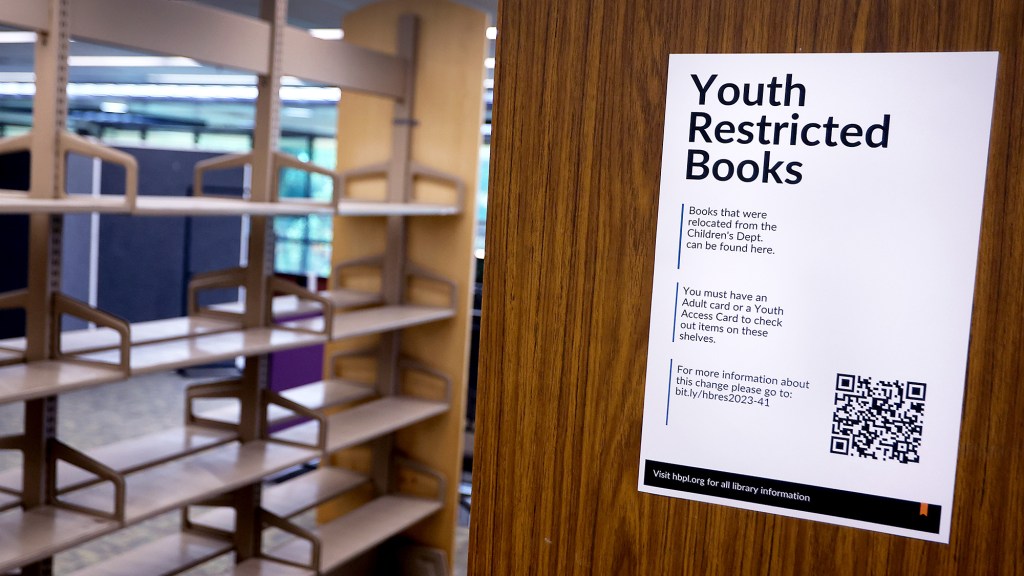WASHINGTON—A team of geneticists in Boston earned a stern rebuke from the scientific community this week when, despite the lessons learned from the 1996 cautionary film Multiplicity, they vowed to press ahead with their efforts to clone actor Michael Keaton.
Utterly disregarding the manifold arguments against the cloning of Michael Keaton laid bare in the Harold Ramis–directed science-fiction comedy film—including the creation of Michael Keaton clones who are unnaturally aggressive, mentally impaired, or otherwise lacking in foresight and fully developed motor skills—members of a prominent genetic research team announced that their plans to clone Michael Keaton remained very much on schedule.
“While we are aware of the scientific, logistical, and ethical quandaries posed by this experiment, we believe that Michael Keaton is simply too vital an actor, performer, and personality for merely one of him to exist,” said Dr. Mike de Souza, lead genetic researcher on the Michael Keaton cloning project that opponents argue flies directly in the face of dire evidence gleaned from Multiplicity. “However, at present we are only planning to make one copy of Michael Keaton and have no intention of making more, even though the idea of an ever increasing number of Michael Keatons does, on paper, sound like an enticing proposition.”
“Again, though, we are not planning on doing that,” de Souza added. “No one wants a Multiplicity situation on their hands.”
In response to the research team’s announcement, scientists across the nation issued an urgent reminder that experiments in cloning Michael Keaton are likely to have numerous complications, including cases of mistaken identity, workplace mixups, and aberrations in physical strength and personality, issues that are all clearly explicated in the film Multiplicity by the character Doug Kinney (played by Michael Keaton).
Perhaps more problematic, opponents warn, is the fact that there is little recourse for scientists in the case of a failed cloning experiment. In the almost certain outcome that a genetic duplicate of Michael Keaton is defective, sources said researchers would have to find a way to hide him in an attic or basement, dress him in different outfits, or hastily invent a variety of other flawed excuses for the clone’s, or clones’, erratic behavior.
In the worst-case scenario, scientists said, the Michael Keaton duplicates may even have to be assigned a different identity and quietly relocated.
“Their refusal to acknowledge the lessons contained within Multiplicity is not only foolish, it could have dangerous and far-reaching consequences,” Dr. Martin Copeland, a faculty member at the Johns Hopkins Berman Institute of Bioethics, said in response to the genetic research team’s announcement. “They are willfully ignoring so many risks that, to the benefit of the scientific community, have already been brought to light by the cast and crew of Multiplicity. We know now that any attempts to clone Michael Keaton would almost certainly produce a range of deeply troubling and unwanted abnormalities that, over time, would spiral further and further out of control, to the detriment of many, including Michael Keaton. It is a near certainty that calamity would ensue.”
“Believe me, I have watched the film numerous times,” Copeland added.
At press time, sources said the Michael Keaton cloning project had been temporarily put on hold as the geneticists involved had no idea how they were going to conduct the experiment when they had to do the laundry and pick up the kids from soccer practice.


